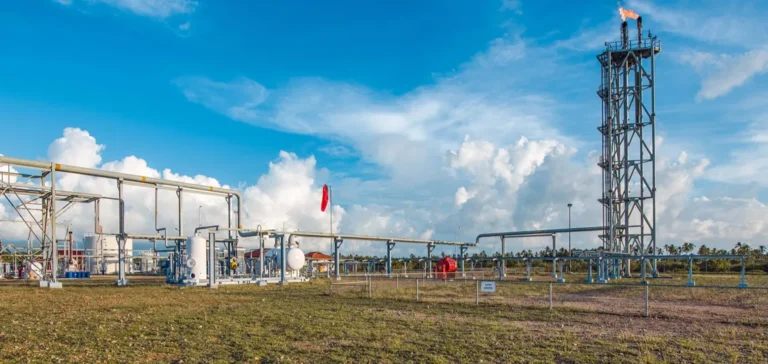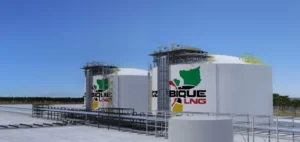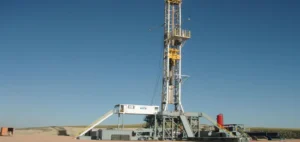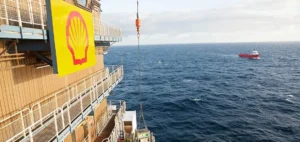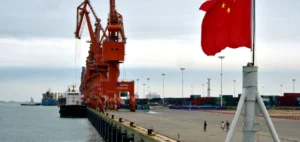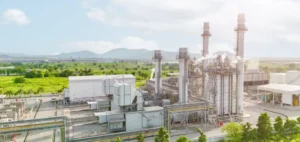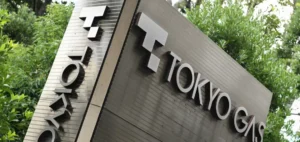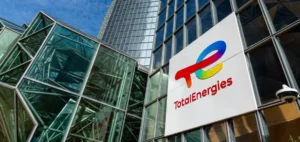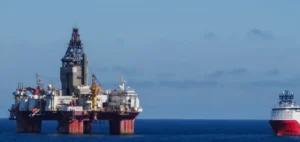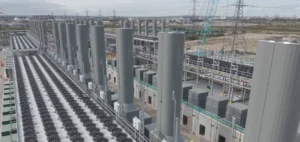Orca Energy Group Inc., through its subsidiaries Pan African Energy Corporation (Mauritius) and PanAfrican Energy Tanzania Limited (Jersey), has filed three arbitration requests with the International Centre for Settlement of Investment Disputes (ICSID), an institution affiliated with the World Bank. These actions follow ongoing disputes with the United Republic of Tanzania and Tanzania Petroleum Development Corporation (TPDC) concerning the Songo Songo gas project.
Contractual disputes surrounding the Songo Songo gas field
The disputes mainly focus on the non-renewal of the Songo Songo field production licence, located on the Tanzanian coast. Orca Energy Group asserts that TPDC did not fulfil its contractual obligation to initiate a licence extension process, as the expiry date approaches in October 2026. Following a delay, TPDC submitted a renewal application unilaterally, including conditions the Canadian company deems incompatible with the project’s commercial viability. Orca Energy Group also points to the lack of constructive dialogue with Tanzanian authorities since this action.
Changes in contractual regimes and unpaid royalties
Other grievances raised by Orca Energy Group include the prolonged imposition of the “Protected Gas” regime, although the Production Sharing Agreement (PSA) and Gas Agreement stipulated a switch to the “Additional Gas” regime as of July 31, 2024. This change was expected to allow Orca and TPDC to market gas on free contractual terms until the agreement’s end. TPDC has also reportedly failed to pay certain royalties, attempting to transfer this obligation to Orca’s local subsidiary, in contradiction with the agreements signed in 2001.
A climate of uncertainty for foreign investors
Orca Energy Group further highlights ongoing administrative pressures from various Tanzanian state agencies targeting its subsidiary. According to the company, this situation undermines the stability of the investment environment for the Songo Songo project and hinders any amicable resolution. The total project value is estimated at $1.2 billion, a figure that could be updated during the arbitration process by an independent expert.
After a year of attempted amicable settlements, Orca Energy Group has turned to ICSID to protect its interests and those of its shareholders. The arbitration requests will be followed by an expert assessment, appointed by the parties, to precisely quantify the financial damage related to the disputes.
Jay Lyons, Chief Executive Officer of Orca Energy Group, stated: “Our objective remains to fully unlock the value of this project for all stakeholders. The absence of a negotiated solution compels us to act to protect our rights and those of our shareholders.”


